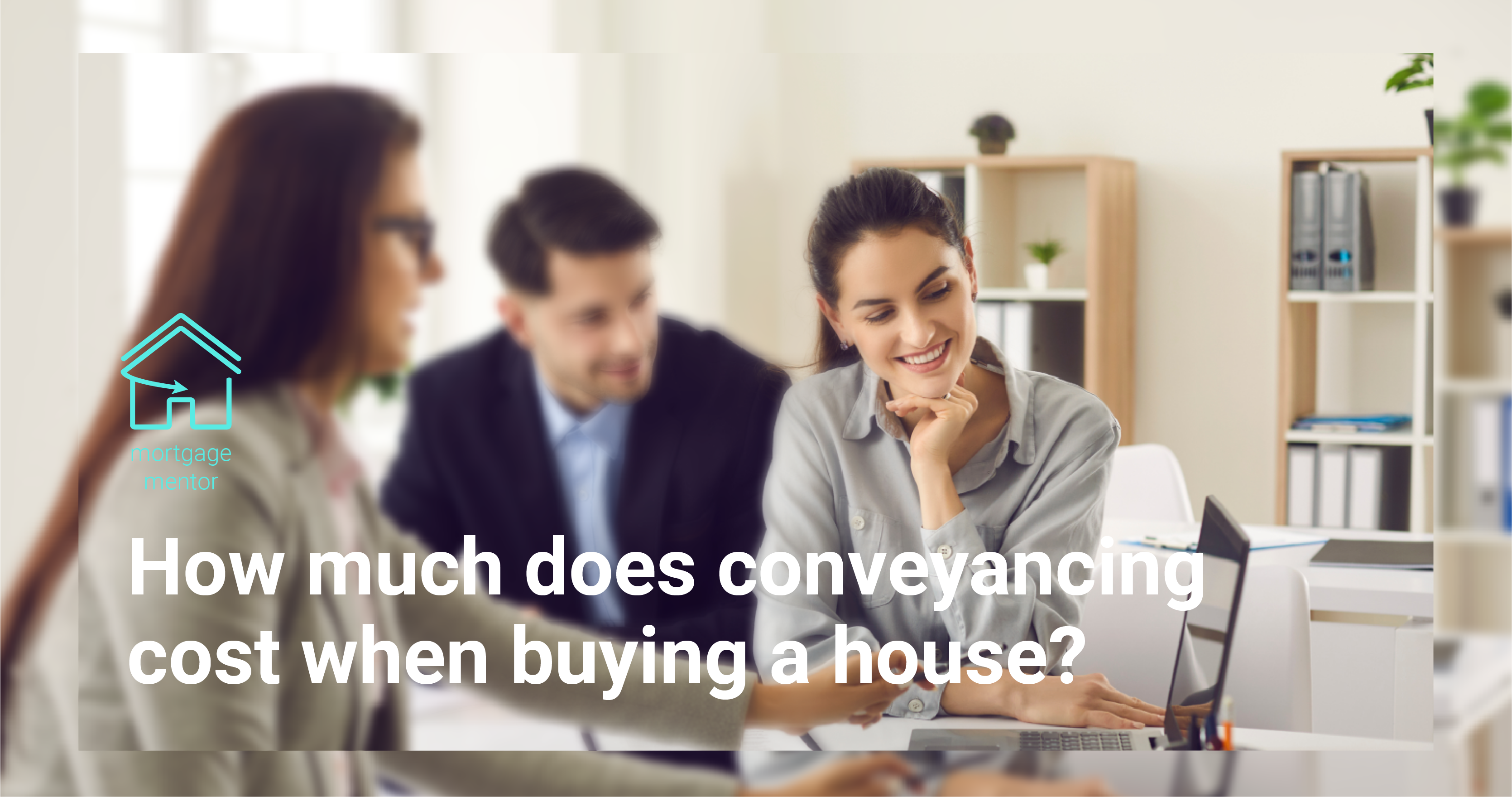
Buying a house is an exciting time, whether you're buying for the first time or moving on to bigger and better pastures. But beyond the anticipation of getting those shiny keys in your hands, there's plenty to consider on the legal side of your house purchase. How much does conveyancing cost when buying a house? That can depend on a few different factors, and we're here to talk you through how it all works.
Read on now to find out more about what conveyancing is, how it works, and how much you'll need to pay for it at the end of the day:
Conveyancing is a collective name for the legal processes involved in buying a house. When you choose to buy a house, you typically contact a conveyancing solicitor to provide a specialist service, ensuring all aspects of your house purchase are legal and completed appropriately. Conveyancing fees are what you are charged for this service and are usually split into two categories: legal fees and disbursements.
Conveyancing itself contains lots of different moving parts and processes. It's hard to pinpoint an exact price unless you're using a solicitor that charges a fixed amount up-front. On average, you'll be looking at anything from £400-£1,500 for your solicitor's services without stamp duty, while disbursements can cost around £300 on top. The amount you'll pay is often based on the price band of the property itself.
When it comes to figuring out how much a solicitor costs, it's worth looking at the kind of payment they offer. The three most common are as follows:
If you find that a solicitor charges you an amount based on the value of your property, this is known as scaled conveyancing fees. This is a widespread option for many solicitors, and often you'll find that legal services provide a sliding price range or calculator based specifically on your circumstances and property cost.
Fixed-fee conveyancing is all in the name. You're charged a fixed, defined fee for services that don't change throughout a typical house purchase process. A fixed fee may require a deposit upfront, but you have a clear idea of your costs from the start.
While it is rarer nowadays, some solicitors do opt for an hourly rate for conveyancing services. This means you're paying for the specific amount of time they put into conveyancing, as well as disbursements on top. As such, your bill can be incredibly variable depending on the complexity of your specific house purchase.
You've likely heard of 'no win no fee' before. This kind of service is better known as 'no sale no fee' in the conveyancing world. Solicitors who offer this payment method don't charge for their service if a house purchase falls through. But you'll still need to cover the costs of checks, surveys and any external processes completed up to that point.
Conveyancing isn't so much one lump-sum payment as it is many smaller amounts that you'll have to pay out throughout the house purchasing process. If you're still wondering 'how much does conveyancing cost when buying a house, this list breaks down all those individual payments – and shows how they add up at the end of the day:
This is the money you pay for solicitors to do their jobs. These fees can vary from place to place, so it's well worth looking around to see what options are available to you. As we've covered above, solicitors' fees can be fixed, hourly or on a no sale no fee basis. These fees could be anything from £400-£1,500, plus VAT.
Disbursements are costs you pay the solicitor to hire specific services and access particular information beyond their business. You're paying a lump-sum fee when you pay for these services, so everything is done for you. Solicitors don't take their payment from disbursements, so everything you payout goes directly towards the conveyancing process.
The list of disbursements for conveyancing may include:
Disbursements may vary depending on the conveyancing process, but it's easy to see how those costs can quickly add up.
Stamp Duty Land Tax is a payment you need to pay to the government to purchase a property. While your solicitor may handle your Stamp Duty for you, the actual amount for the property goes directly to HMRC. That means it's an additional cost you'll need to pay yourself outside of the disbursements we've listed above.
Legally, it isn't a must-have requirement to seek legal advice for conveyancing when buying a house. But we would highly recommend you seek specialist help because the process of conveyancing and all the legal complexities involved can easily lead to inaccuracies or incorrect filing of necessary paperwork. When you work with trained solicitors, you benefit from their expertise to make the house buying process far more straightforward.
The best way to find a conveyancing solicitor that works for you is to shop around. There are plenty of options out there to suit a range of budgets and needs if you know where to look. Now quite at the conveyancing stage yet? Then using Mortgage Mentor to shop around for different lenders might be the ideal solution for you. Sign up today to find suitable mortgages for your next home.
As a mortgage is secured against your home/property it may be repossessed if you do not keep up with the mortgage repayments.
Contact Us